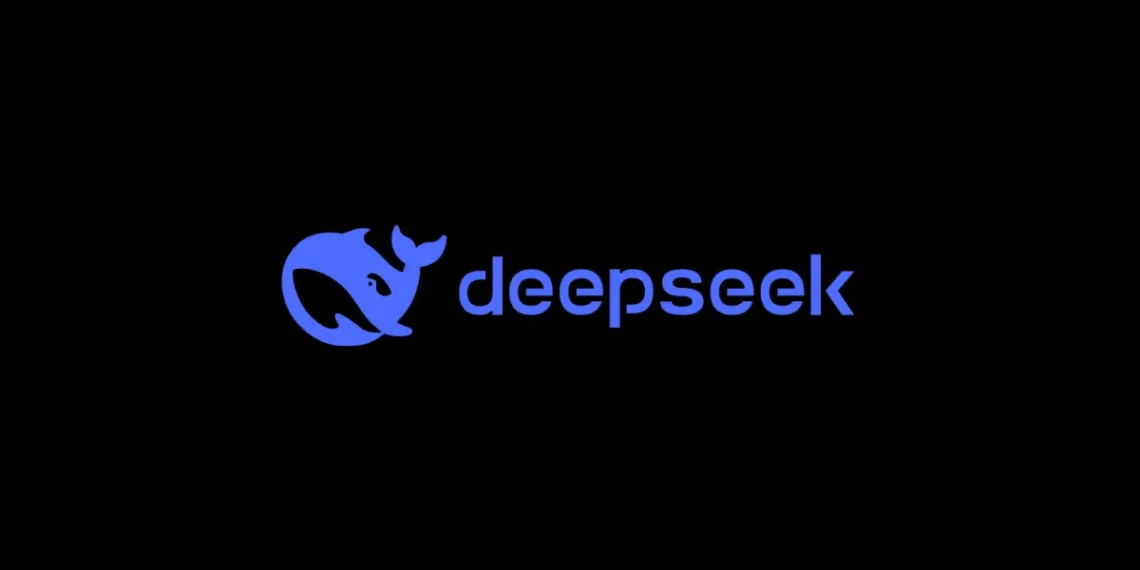Chinese artificial intelligence lab DeepSeek sent shockwaves through the tech world in January, triggering a massive selloff in the semiconductor market. The reason? It unveiled AI models that are not only cheaper but also more efficient than their American counterparts, shaking the foundations of Silicon Valley’s AI dominance.
At the heart of DeepSeek’s breakthrough is a game-changing technique called distillation—a method that could redefine the AI race and shift power away from tech giants to smaller, more agile players.
Distillation is the process of extracting knowledge from a larger AI model to create a smaller, more efficient version. This means a small team with minimal resources can develop highly advanced AI models without the billion-dollar budgets of industry leaders like OpenAI and Google.
Here’s how it works: Instead of training a model from scratch—a process that takes years and requires enormous computing power—companies like DeepSeek use an existing, powerful AI model as a “teacher.” By asking the teacher model the right questions, they train a leaner, faster AI system that can perform at nearly the same level.
Read Also: Army committed to rule of law, protection of human rights – GOC 82 Division Enugu
“This distillation technique is just so extremely powerful and so extremely cheap, and it’s available to anyone,” said Databricks CEO Ali Ghodsi. “We’re about to see an explosion of competition in the large language model (LLM) space.”
Distillation is already proving to be a game-changer for startups and research labs.
In a stunning demonstration of its potential, researchers at Berkeley recreated OpenAI’s reasoning model for just $450 in 19 hours. Not long after, researchers at Stanford and the University of Washington built a similar model in just 26 minutes, spending less than $50 on computing power.
Even Hugging Face, a rising force in AI, replicated OpenAI’s newest feature, Deep Research, in a mere 24-hour coding challenge.
DeepSeek didn’t invent distillation, but it catapulted the technique into the spotlight, igniting a fierce debate about the future of AI development. More importantly, it has fueled the rise of a new open-source movement, challenging the traditional closed-door research strategies of tech giants.
“Open source always wins in the tech industry,” said Arvind Jain, CEO of Glean, an AI-powered search engine company. “You can’t compete with the momentum an open-source project can generate.”
Even OpenAI is rethinking its stance on secrecy. Following DeepSeek’s success, OpenAI CEO Sam Altman admitted the company may have been on the wrong side of history.
“I think we need to figure out a different open-source strategy,” Altman wrote in a Reddit post on Jan. 31.
With distillation’s rapid adoption and the open-source movement gaining traction, the AI industry is undergoing a seismic shift. No longer do only the biggest companies with the deepest pockets control AI’s future—small teams are proving they can compete at the highest level.
DeepSeek’s rise signals a new era where speed, efficiency, and accessibility drive innovation, reshaping the AI landscape forever.
The question now is: Can the giants keep up?






